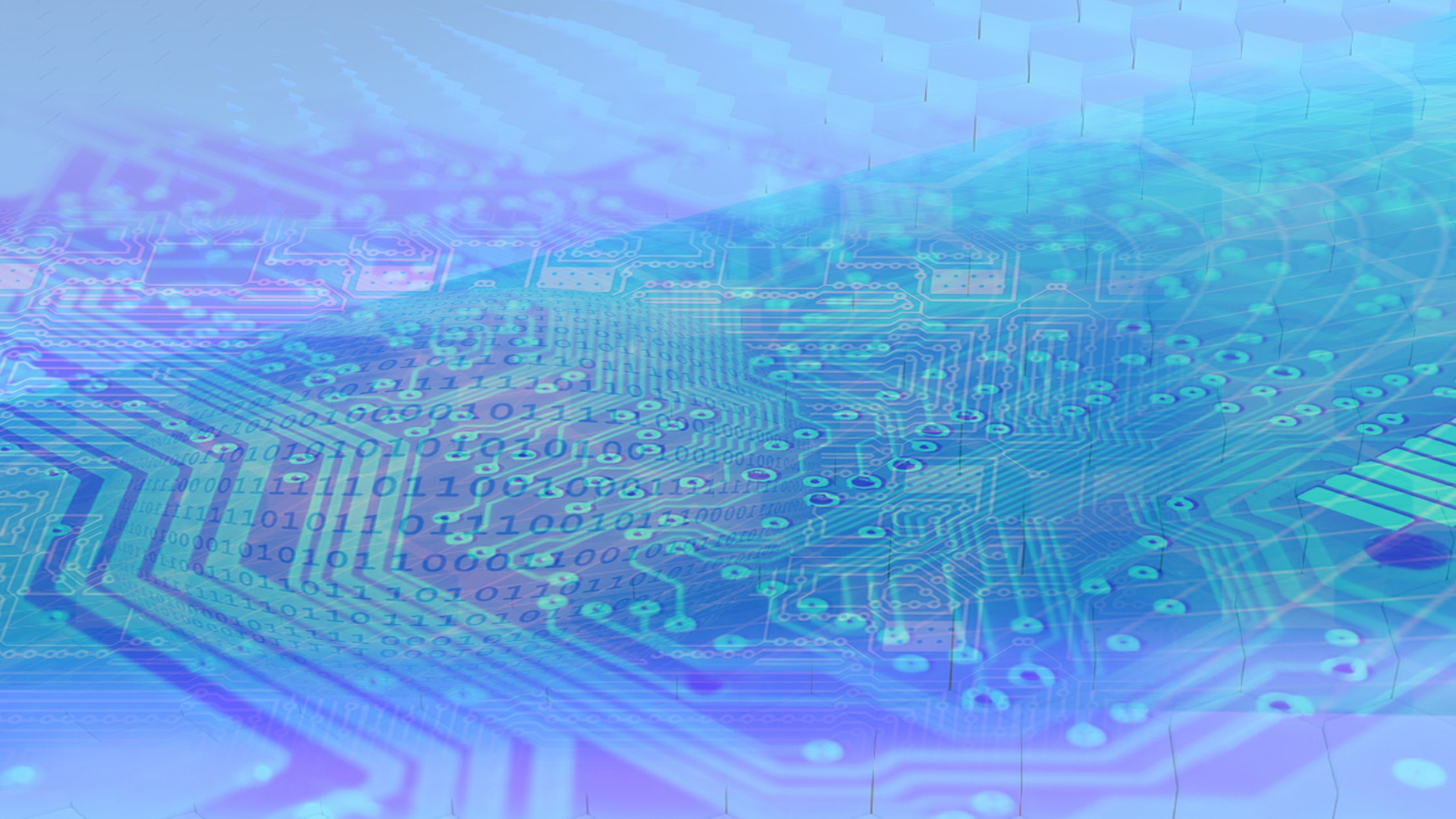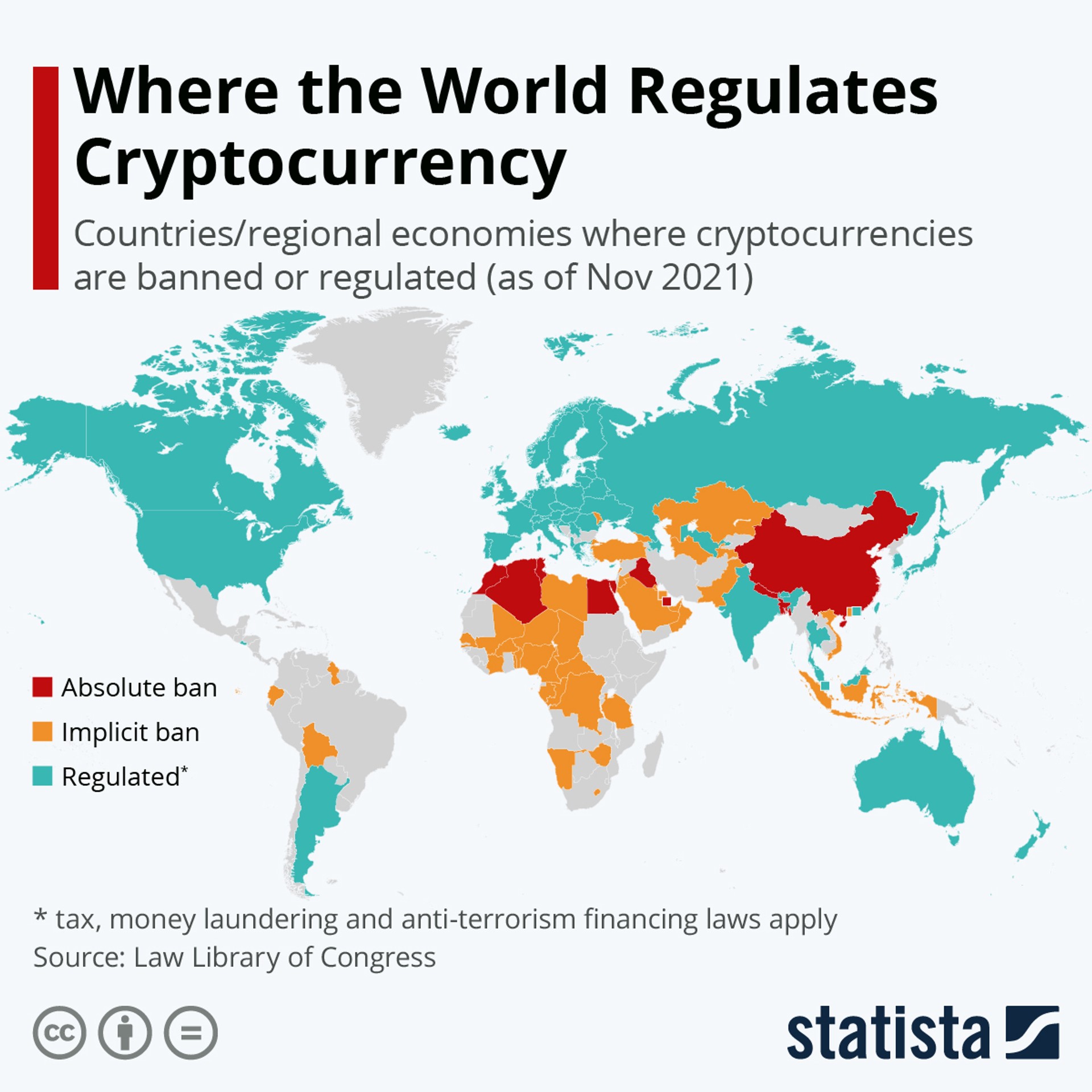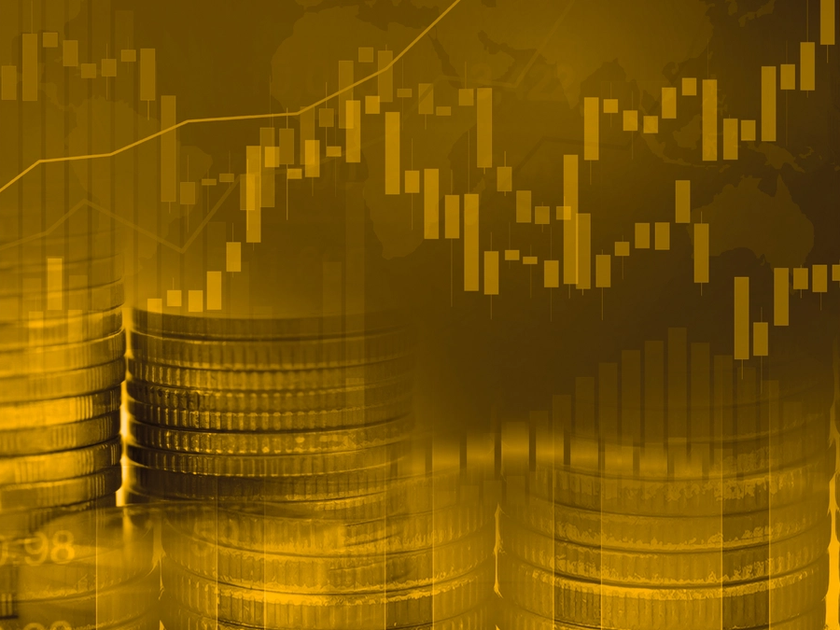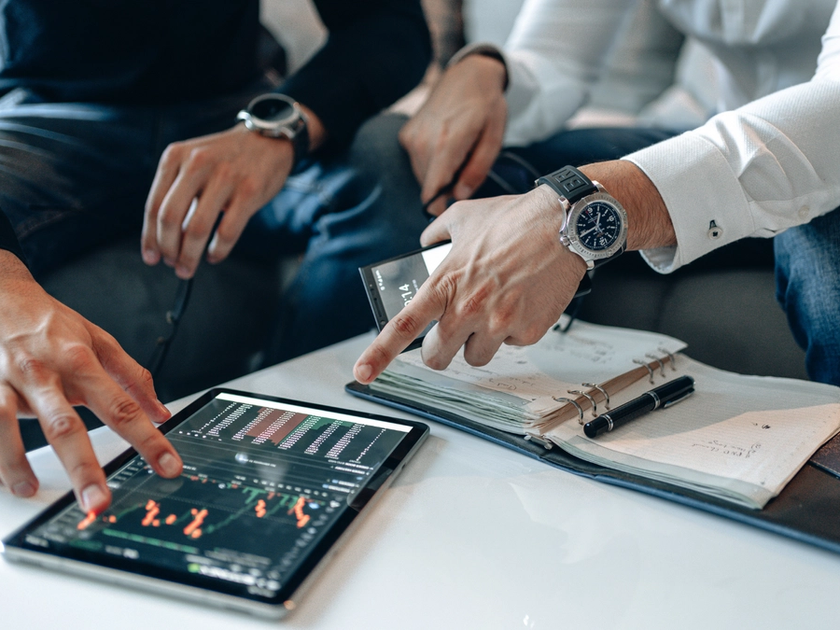Is terra safe?
Terra was launched in 2019, and is still a relatively young cryptocurrency. That’s why there’s still only a few places in the world who accept terra as a legal payment method.
It could potentially put you in an uncertain situation if you expect to use your terra coins as a payment method - and that is especially true for Denmark, where the crypto development is a lot slower than many other parts of the world.
There are quite a few stores and organisations abroad who are beginning to accept cryptocurrencies. A country such as Germany has ATMs for instance, where you can buy and sell certain cryptocurrencies - but here it’s typically bitcoin or ethereum you have access to.
If you’re interested in buying and selling terra , as a part of your investment strategy, you need to be aware of the risks connected to crypto trading.
Lastly, you need to get familiar with terra’s underlying technology - the blockchain, and how that technology can be said to be safe or unsafe.
Tip: Learn what a blockchain actually is here .
To find out whether or not terra is safe, there are three questions you need to ask yourself:
- Which countries accept cryptocurrency as a payment method?
- Why are investments in terra connected to risks and uncertainty?
- How safe is terra technologically speaking?
Which countries accept terra as a payment method?
It can be uncertain to sit on large amounts of terra coins if you expect to use them as a regular payment method .
There are huge differences from country to country - whether they regulate crypto, implicitly bans crypto or directly forbids crypto.
For example, a country such as El Salvador has drafted a law making bitcoin accepted as a legal payment method. On the other hand, there’s countries such as China where all trading and mining of cryptocurrency is directly forbidden.
On the map from Statista you can see which countries who:
- Regulates crypto (blue)
- Implicitly bans crypto (yellow)
- Directly bans crypto (red)
Why are investments in terra connected to risks and uncertainty?
When you’re trading cryptocurrencies and terra, there’s a risk you could lose some or the entirety of your investment. This is because cryptocurrency is an unregulated asset. This means that there’s no central authority to protect you as a consumer.
If you have money in a bank, and the bank goes bankrupt, your money is protected by a central authority: In Denmark, that authority is Garantiformuen , who covers deposits equivalent to up to 100,000 euro.
But if you lose your terra coins as a consequence of a crypto platform going bankrupt, you’re not protected.
That’s one of the reasons why terra is an uncertain investment . You don’t have access to the same safety net here, because cryptocurrencies still are unregulated assets as of 2022.
Besides that, terra and other cryptocurrencies are very volatile assets . That means that the prices of them can rise and fall very quickly in value from one day to the next. The more volatile an investment is, the more uncertain it is. The same goes for any other assets such as stocks or real estate investments.
If you’re considering buying a house for example, you would be more cautious of purchasing it if you knew that the price of the house potentially could lose up to 100% of its value from one day to the next. But at the same time, there’s a risk that the house could be worth 10 times as much the next day.
Tip: Terra’s history is filled with large rises and falls. Read about them here .
That’s why you need to consider whether or not the risk of large drops in the rate is in line with your willingness to take risks.
Cryptocurrencies can rise and fall
When you trade cryptocurrencies, you need to be aware that it carries a large risk. The value of your cryptocurrency can both rise and fall, and you can risk losing the entire amount you’ve invested in cryptocurrencies.
Cryptocurrency trading is done through Lunar Block. Lunar Block is not regulated by the Danish Financial Supervisory Authority (Finanstilsynet). That means you won’t have the same protection as when trading e.g. stocks or other regulated assets.
We do not counsel
We do not advise on currencies and do not make recommendations for either buying or selling. We can provide factual information about the different currencies, but past price developments are not an indication of future developments.
No information from Lunar Block should therefore be considered as recommendations and all decisions are up to you alone.
How safe is terra technologically speaking?
The safety of a cryptocurrency largely depends on the blockchain technology it uses. A blockchain is programmed and equipped with a certain validation method - or consensus mechanism - which is very important for the overall security of the cryptocurrency.
An important element with regards to security is how transactions are added to the blockchain. When you’re trading terra, your transaction is noted and written down in the blockchain , so there won’t be any doubt about how much you’ve paid, who you’ve paid, when you’ve paid and so forth.
But because cryptocurrencies are decentralised, there’s no central authority, such as a bank, who registers transactions. On the contrary, it’s completely regular people just as yourself who register the transactions. They are of course receiving compensation for their work in the form of cryptocurrency.
The question is then whether or not you can trust these people. For example, if a person were to manipulate your transaction, you could potentially be in a situation where you’re swindled out of your money.
With blockchain, luckily it’s not just people, you need to trust. You need to trust the technology - meaning the code itself - in the blockchain equally as much.
Proof-of-stake: How transactions are validated on terra’s blockchain
Terra uses proof-of-stake as a validation method. This means that there’s a large incentive to correctly validate transactions, because otherwise the validator could risk being punished by the blockchain and then lose the terra coins they’ve staked to validate.
To be able to validate transactions in proof-of-stake blockchains such as terra’s, the person needs to be selected by the network. The selection is based on the amount of coins the person has staked .
In other words, the selection is a type of drawing of lots, where a lot is equal to the amount of terra coins you’ve staked.
If there were 100 coins in total, and you’re staking 5 in the draw, you have a 5/100th chance of being selected - or a 5% chance.
When you win and get selected, you get to validate the next block of transactions. And if you’re trying to trick the network - for instance by typing in false information - you will get punished, and the 5 tokens you’ve staked will be confiscated.
Terra’s technological security is then tied up to the principles of proof-of-stake which discourages validators from fraud, because they risk having their stake confiscated.
When the transactions have been validated, the information is spread out to the rest of the blockchain network. This is where any fraudulent activity will get caught. The network will respond back, if transactions aren’t matching with their own information and the person responsible will get punished.
Cryptocurrencies can rise and fall
When you trade cryptocurrencies, you need to be aware that it carries a large risk. The value of your cryptocurrency can both rise and fall, and you can risk losing the entire amount you’ve invested in cryptocurrencies.
Cryptocurrency trading is done through Lunar Block. Lunar Block is not regulated by the Danish Financial Supervisory Authority (Finanstilsynet). That means you won’t have the same protection as when trading e.g. stocks or other regulated assets.
We do not counsel
We do not advise on currencies and do not make recommendations for either buying or selling. We can provide factual information about the different currencies, but past price developments are not an indication of future developments.
No information from Lunar Block should therefore be considered as recommendations and all decisions are up to you alone.
Last updated April 18, 2023. We’ve collected general information. Please note, that there may be specific circumstances that you and your business need to be aware of.
You might also like...
Where can I pay with solana?
Cryptocurrency is becoming so widespread and acknowledged abroad that you can use the currency just like regular payment methods on some...
How do you buy solana as regular stocks?
Because solana (SOL) is a currency, and not a business, you can’t actually invest directly in solana like it’s a stock.
Are cryptocurrencies a good investment?
Cryptocurrencies can be a great addition to your portfolio - if you’re willing to run the risk. Cryptocurrencies are “high risk - high...
What is bitcoin?
Bitcoin is a digital currency, or cryptocurrency, as it’s also called. Bitcoin is the first and largest cryptocurrency measured on market...



